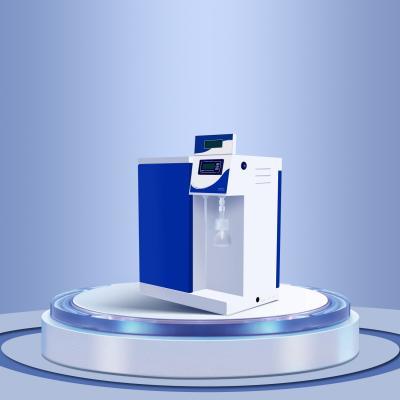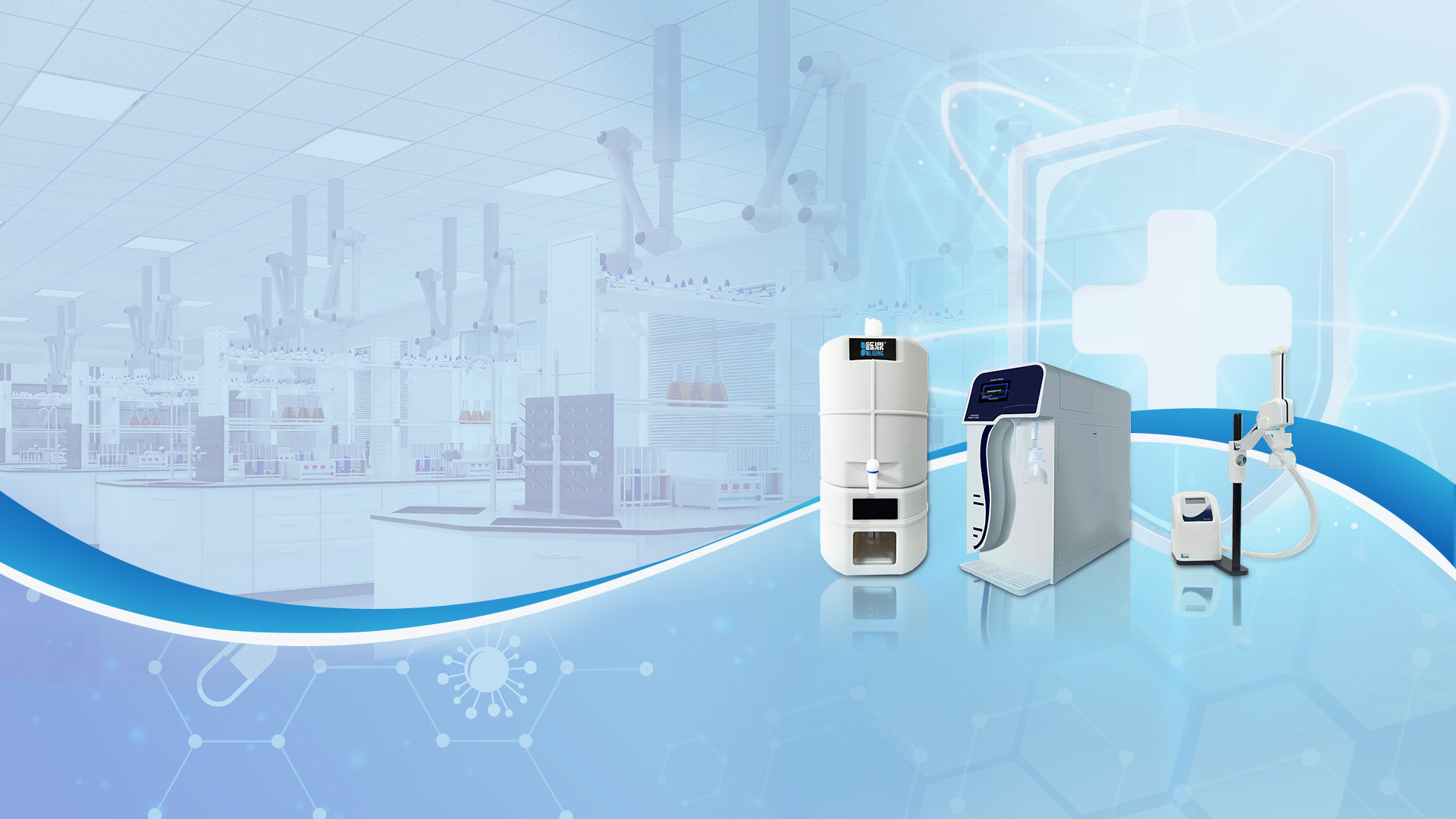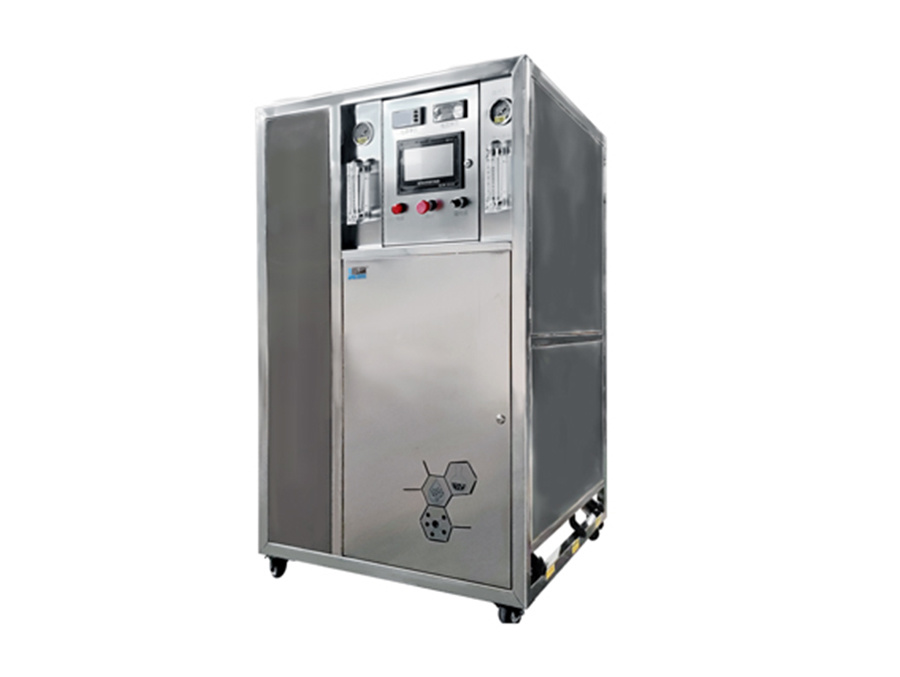Understanding Ultra Pure Water Equipment: The Backbone of Industrial Water Treatment
Time:
Nov 07,2025
Ultra pure water equipment is crucial in numerous industrial applications, particularly in sectors such as pharmaceuticals, electronics, and power generation. The primary function of this equipment is to produce water with extremely low levels of impurities, ensuring that the water meets stringent quality standards required for sensitive manufacturing processes.
The process of achieving ultra pure water involves several stages, typically starting with conventional water treatment methods such as filtration and sedimentation. These methods are designed to remove larger suspended solids and contaminants. However, to reach ultra-pure levels, advanced technologies are employed, including reverse osmosis (RO), deionization (DI), and distillation.
Reverse osmosis is one of the most effective techniques for producing ultra pure water. In this process, water is forced through a semi-permeable membrane that removes a significant percentage of dissolved solids, including salts, organic compounds, and microorganisms. The result is water that is often over 99% free from impurities. Following reverse osmosis, water usually undergoes deionization, where ion exchange resins remove remaining ions, enhancing purity further.
Another method for achieving ultra pure water is distillation, which involves heating water to create steam and then cooling it back into liquid form. This process effectively separates contaminants based on their boiling points, resulting in high-purity water. However, distillation can be less efficient and more energy-intensive compared to reverse osmosis systems.
The implementation of ultra pure water equipment is not only about achieving high-quality water; it also plays a significant role in protecting the equipment and processes within an industrial facility. For instance, in semiconductor manufacturing, even minute impurities can lead to defects in microchips, making ultra pure water vital for successful production.
Moreover, organizations that utilize ultra pure water equipment must also consider the maintenance and monitoring of these systems. Regular maintenance ensures that the equipment operates at peak efficiency and continues to produce water that meets the required specifications. Additionally, monitoring systems can be integrated to continuously assess water quality, alerting operators to any deviations that may arise.
In conclusion, ultra pure water equipment is indispensable in various industrial settings, providing the high-quality water necessary for sensitive processes. By understanding the technologies and methods involved, professionals can make informed decisions about implementing and maintaining these systems to ensure optimal performance and compliance with industry standards.
The process of achieving ultra pure water involves several stages, typically starting with conventional water treatment methods such as filtration and sedimentation. These methods are designed to remove larger suspended solids and contaminants. However, to reach ultra-pure levels, advanced technologies are employed, including reverse osmosis (RO), deionization (DI), and distillation.
Reverse osmosis is one of the most effective techniques for producing ultra pure water. In this process, water is forced through a semi-permeable membrane that removes a significant percentage of dissolved solids, including salts, organic compounds, and microorganisms. The result is water that is often over 99% free from impurities. Following reverse osmosis, water usually undergoes deionization, where ion exchange resins remove remaining ions, enhancing purity further.
Another method for achieving ultra pure water is distillation, which involves heating water to create steam and then cooling it back into liquid form. This process effectively separates contaminants based on their boiling points, resulting in high-purity water. However, distillation can be less efficient and more energy-intensive compared to reverse osmosis systems.
The implementation of ultra pure water equipment is not only about achieving high-quality water; it also plays a significant role in protecting the equipment and processes within an industrial facility. For instance, in semiconductor manufacturing, even minute impurities can lead to defects in microchips, making ultra pure water vital for successful production.
Moreover, organizations that utilize ultra pure water equipment must also consider the maintenance and monitoring of these systems. Regular maintenance ensures that the equipment operates at peak efficiency and continues to produce water that meets the required specifications. Additionally, monitoring systems can be integrated to continuously assess water quality, alerting operators to any deviations that may arise.
In conclusion, ultra pure water equipment is indispensable in various industrial settings, providing the high-quality water necessary for sensitive processes. By understanding the technologies and methods involved, professionals can make informed decisions about implementing and maintaining these systems to ensure optimal performance and compliance with industry standards.
RELATED NEWS








